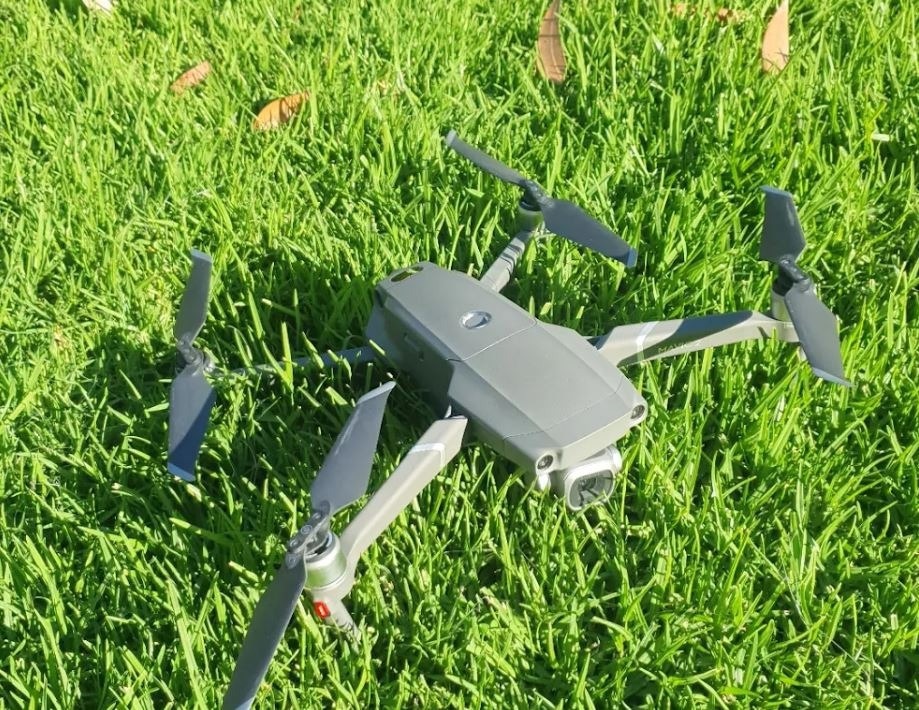From drones locating koalas hidden in treetops to recording little penguin acoustics and night-time movements on film, Flinders University researchers have shown the importance of technologies such as cameras and AI to help conservation efforts.

Image Credit: Flinders University
The animal behaviour experts, led by Dr Diane Colombelli-Négrel, have studied the heart-rate and responses of captive koalas (Phascolarctos cinereus) to test the effects of drone activity near their trees.
“As native animal populations, particularly near large urban areas, become threatened or endangered, technologies such as audio and visual recordings are emerging as key methods to help understand factors that can influence wildlife survival,” says Dr Colombelli-Négrel, a Lecturer in Animal Behaviour and Penguin Ecologist.
The drone study, published recently in the Applied Animal Behaviour Science, coincides with another update from the Flinders University Bird Lab’s research group on the status of a threatened little penguin (Eudyptula minor) population at a popular South Australian tourist location on Granite Island, near Victor Harbor.
While koalas in the eastern states have been declared endangered by disease, habitat fragmentation and predation, SA’s koala population has increased to an estimated 650,000 individuals. It is important these southern populations of koalas are protected for future generations, and possible repopulation efforts.
As a sedentary cryptic species, koala populations are generally spatially fragmented. Drone-based surveying has been a vital conservation tool in capturing the distribution and abundance of koalas but never before has the koalas’ response to drones been measured.
“Drones have become a popular conservation tool especially when monitoring cryptic species or animals in remote or inaccessible locations.
“We developed a non-invasive way to measure heart rate in koalas using a Fitbit and to record their behaviour and breathing rate with mobile GoPro camera when we flew drones about 15m above their heads in the wildlife park enclosure.
“Koalas responded to the drone flight with a short-term increase in vigilance but no change in heart rate or breathing rate – indicating that drones may not have a long-term detrimental effect on koalas’ fitness or energy demands.”
Due to their dietary specialisation on eucalyptus leaves, which are poor sources of protein, koalas need up to 20 hours of rest per day to conserve energy so disturbance can affect their fitness.
Dr Colombelli-Négrel says the research was part of an ongoing development of tools, such as drones and software loaded on unmanned aerial vehicles, that can compile unbiased data over large geographic areas with high spatial and temporal resolution. Meanwhile, the use of acoustic software recording and night-time videoing of Granite Island’s fragile little penguin population has been put on trial by Dr Colombelli-Négrel’s team and community volunteers.
By combining data from regular night surveys with continuous video and audio monitoring of penguin vocalisations, we assessed the ongoing impacts of human activities on little penguins – including flash lights and noises generated by tourists looking for penguin sightings after dark.
We found that the videos were also critical in identifying other threats, such as land preditors of little penguins.”
Dr Colombelli-Négrel, Principal Investigator of Bird Lab, Flinders University
“These results add to a growing body of literature suggesting that human activities on land and their consequent disturbances, may affect the numbers and behaviours of wildlife and that appropriate measures need to be developed to limit such impacts – particularly when populations are declining or in peril.”